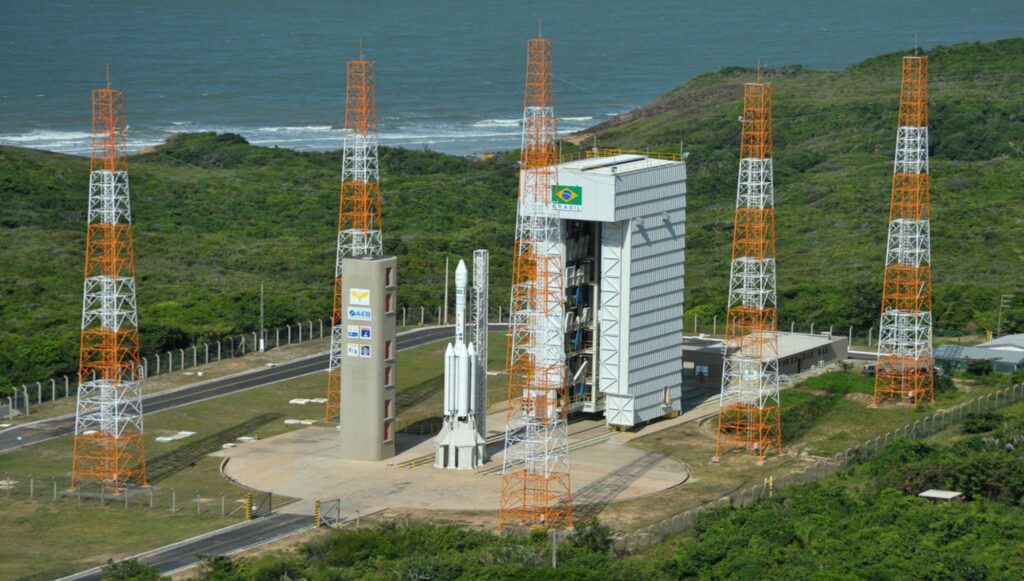Virgin Orbit Brasil (a subsidiary of Virgin Orbit) has received a license from the Brazilian authorities to launch LauncherOne rockets. This happened after the Brazilian Space Agency (AEB) and the Brazilian Air Force (FAB) signed a contract with the company to provide launch services from the Alcantara Space Center.
Alcantara Cosmodrome
The Alcantara Space Center was built in the 1980s. It is closer to the equator (2°18′ s) than the famous Kourou cosmodrome in French Guiana. A good geographical location allows carriers starting from Alkantara to save up to 30% of fuel. Other advantages of this territory include the possibility of launching rockets into all types of orbits, low population density and a stable climate that allows space missions to be carried out almost at any time of the year.

But all this is in theory. In reality, Alcantara has not yet accepted a single orbital launch. In August 2003, during the preparation for launch, a VLS-1 rocket exploded on the territory of the cosmodrome. 21 people were dead, and dozens more were injured. The explosion on Alcantara became the largest disaster in the XXI century in terms of the number of victims that occurred at the cosmodrome and, in fact, buried the Brazilian space program.
Launches from the equator
And now, almost twenty years after the tragedy, Alcantara got a second chance. As part of the recently signed agreement, Virgin Orbit will use the infrastructure of the spaceport for LauncherOne rocket launches.

The plan for future missions is as follows. The carrier aircraft carrying LauncherOne (modified Boeing 747) will take off from the airbase located on the territory of Alcantara, after which it will fly to the equator. This will give the company the opportunity to launch payloads to all types of orbits. At the moment, the first Brazilian launch of LauncherOne is scheduled for 2023.
Recall that in the near future Virgin Orbit plans to conduct its first launch from the UK.
According to https://virginorbit.com
Follow us on Twitter to get the most interesting space news in time
https://twitter.com/ust_magazine
